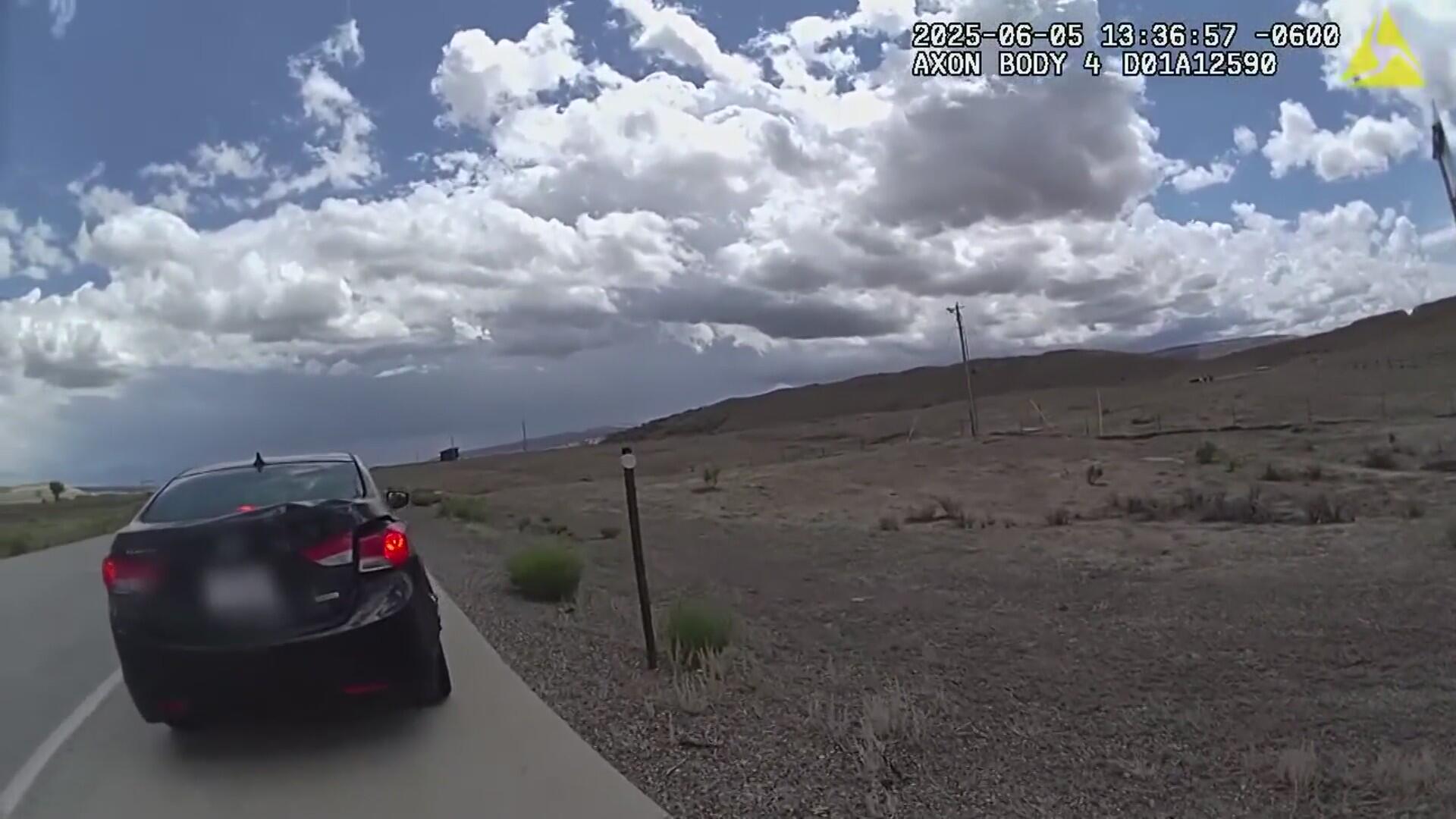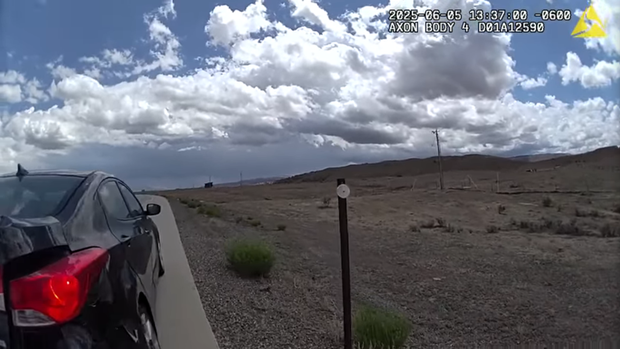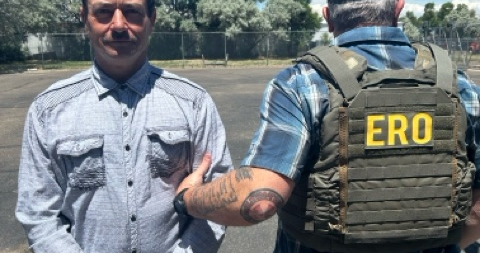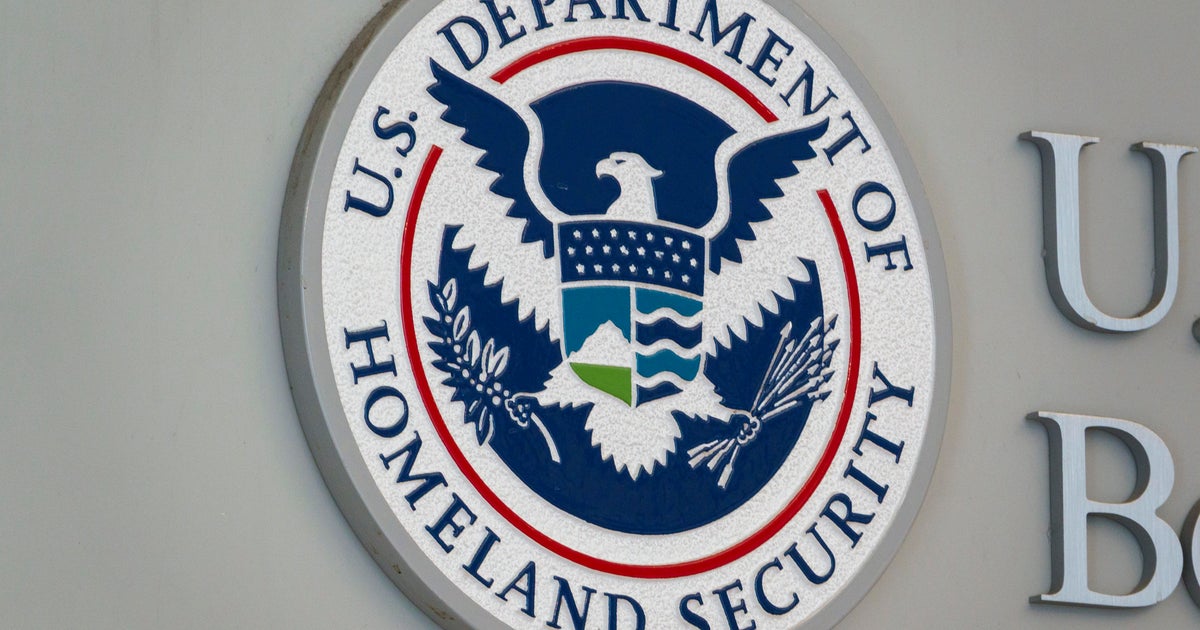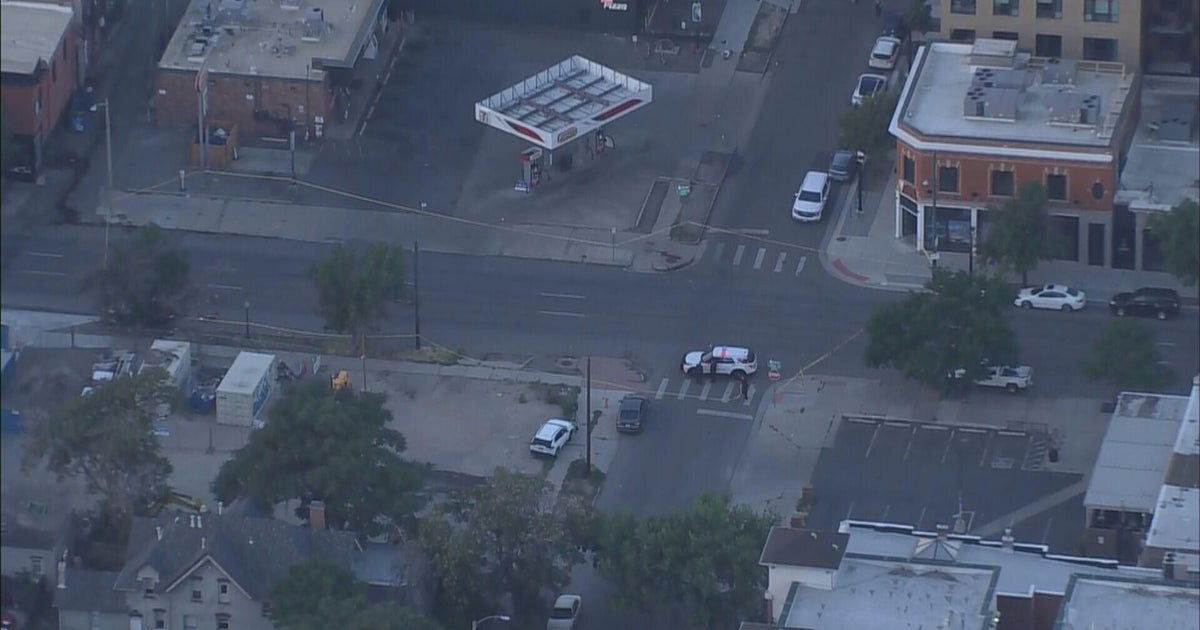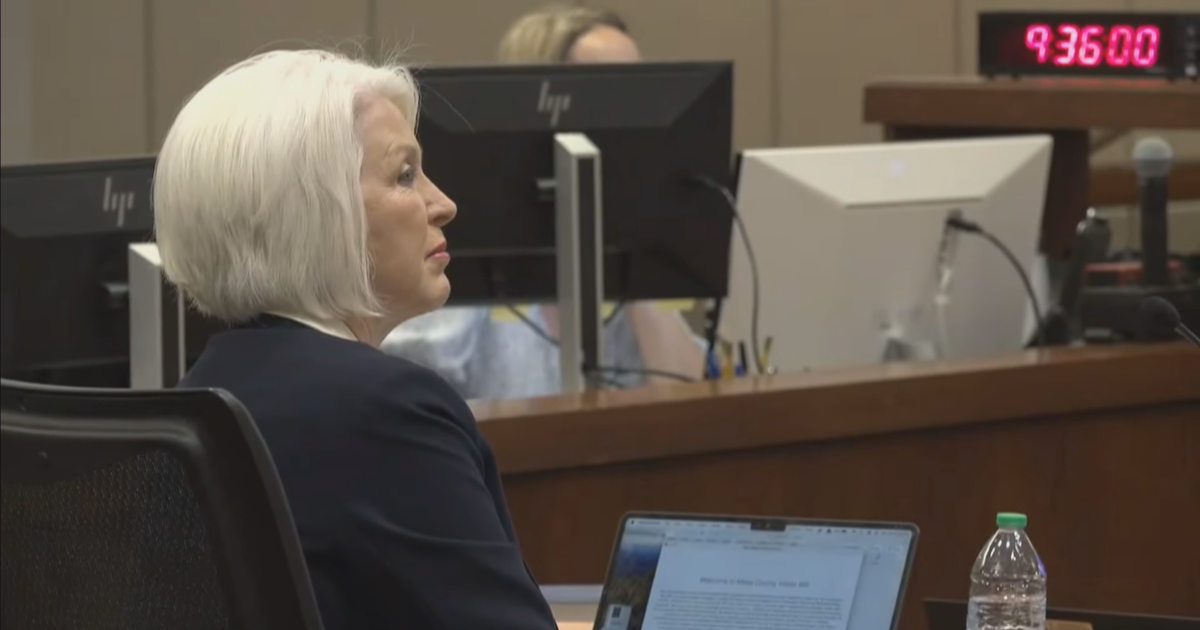Colorado attorney general sues Mesa County sheriff's deputy who allegedly led ICE to woman on expired visa
Colorado Attorney General Phil Weiser is suing a Mesa County sheriff's deputy who Weiser says led federal immigration officers to a woman allegedly in the U.S. on an expired visa after a traffic stop. That deputy was allegedly using an encrypted Signal chat with Immigration and Customs Enforcement officials.
Weiser is also investigating the Mesa County Sheriff's Office's alleged "coordination" with ICE, which he says violates a state law that bars state and local governments and agencies from assisting ICE with civil immigration enforcement. The U.S. Department of Justice is currently suing the state over these policies.
Weiser said in a news conference Tuesday morning that Mesa County Deputy Alexander Zwinck violated state law by working with ICE officials to detain a 19-year-old woman -- a nursing student living in Utah -- after a traffic stop last month. Weiser's office filed a lawsuit Tuesday in Mesa County District Court.
That lawsuit asserts that Zwinck unlawfully asked about, and then shared, the driver's personal identifying information with ICE. He's asking the court for an order to stop the deputy from engaging in similar unlawful conduct in the future.
"State law specifies that Colorado law enforcement officers are dedicated to enforcing Colorado law and do not do the work of the federal government to enforce immigration law," Weiser said. "In this case, the driver was detained by immigration authorities because of actions by Colorado law enforcement despite the absence of any criminal activity on her part."
Zwinck allegedly gave information about the car driven by that woman, Caroline Dias Goncalves, who's originally from Brazil, to ICE officers in that Signal chat. ICE agents then arrested her and transferred her to the ICE detention center in Aurora.
Zwinck commented in the chat, "nice work," after learning she'd been detained, according to the lawsuit. Another officer wrote in the chat that "Zwinck is gonna get ERO interdictor of the year," referring to Enforcement and Removal Operations, a division within ICE.
"Her detention for over two weeks is directly due to this violation of Colorado's laws," Weiser said. "Because of this action, we are making clear that Colorado law enforcement's role is to advance public safety, not take on the responsibility of doing the work of federal immigration enforcement."
Weiser, who's running for governor, went on to say that "she suffered what she called 'the worst experience of her life,' and that "she was away from her home, her friends, her family, and she was filled with fear."
Court records show Zwinck does not yet have an attorney in the case, filed Tuesday morning.
A spokesperson for the Mesa County Sheriff's Office, which isn't named in the lawsuit but was part of the investigation that led to it, told CBS News Colorado, "The Mesa County Sheriff's Office is within one week of completing the administrative investigation into the June 5, 2025, incident involving Ms. Diaz Goncalves. We are committed to transparency in this process and, as such, once the administrative investigation is complete we will provide a formal statement."
Last month, the sheriff's office released two separate statements related to the traffic stop, arrest, and deputies' participation in the group chat.
"In accordance with Colorado law, the Mesa County Sheriff's Office does not investigate residency status during any law enforcement interactions," the first statement read, in part. "Our Deputy was part of a communication group that included local, state, and federal law enforcement partners participating in a multi-agency drug interdiction effort focusing on the highways throughout Western Colorado. We were unaware that the communication group was used for anything other than drug interdiction efforts, including immigration. We have since removed all Mesa County Sheriff's Office members from the communication group."
The sheriff's office went on to say that despite ordering its deputies to leave the Signal chat, it would continue working with federal officials on drug enforcement operations.
"Through our Administrative Investigation, we have learned that the federal representatives within the communication group began using the material collected for drug interdiction efforts to extrapolate immigration information for the purposes of ICE enforcement. This use of information is contradictory to Colorado law and was initially intended for the purpose of reducing illegal drug trafficking in Colorado. Unfortunately, it resulted in the later contact between ICE and Miss Dias Goncalves," the second statement read, in part. "We will continue our coordination on drug interdiction efforts with our state and federal and state partners within Colorado law."
